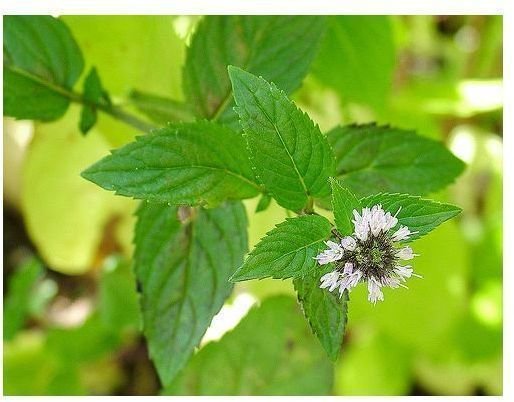The Best Herbs for Upset Stomach
Digestive Issues
Most people face digestive problems once in awhile, if not on a regular basis. An upset stomach is a common complaint after a heavy meal, or during stressful periods, or even as a side effect of prescription medications. Stomach cramps, nausea, indigestion, and gas are all problems which can easily be relieved with herbs for upset stomach. Failing to address digestive issues can lead to more serious health problems in the future, such as ulcers or chronic heartburn. Take care of the digestive tract with herbal remedies, but also be sure to see a doctor about any specific concerns.
Herbal Actions
Herbs are complex medicines. They each provide an array of active compounds, which are most effective in their natural form, that is, as the whole herb. For digestive health, there are dozens, if not hundreds of herbs, which can have a positive effect. They all have several healing properties, some with multiple benefits for the entire digestive system.
- Bitters are herbs which are very good for increasing appetite, stimulating the flow of saliva, which sets the digestive process in motion, and acting as an overall aid for digestion.
- Sialagogues trigger saliva, which breaks down food, and is the beginning of a series of actions, starting in the mouth and ending in the gut.
- Carminatives relax stomach tissue. They are generally soothing on the digestive tract, quelling gas, nausea, and discomfort.
- Astringents tighten tissue by condensing cells. This action is particularly useful for diarrhea and heartburn.
- Anti-spasmodic herbs will relieve stomach tension.
- Demulcent herbs sooth and heal inflamed, irritated tissue and membranes.
The Ten Best Herbs
Some types of herbs are ideal for particular conditions — carminatives for nausea, astringents and demulcents for heartburn, bitters for overall digestive health — yet all herbal actions are positive. The following are ten of the most effective, and universal herbs for upset stomach. Try individual remedies, or blend two or three together for a more potent effect.
- Peppermint is a carminative. Relaxing the stomach, it is wonderful for treating both nausea and gas. This herb is gentle enough for children and pregnant women.
- Centaury is a bitter and a digestive stimulant. It is ideal for cases of weak or poor digestion.
- Ginger is a warming, stimulating, digestive tonic. It is both a carminative and a sialogogue.
- Cayenne also acts to tone and revitalize the digestive system. It is a carminative.
- Meadowsweet is an astringent and overall good herb for stomach problems. It helps to protect mucous membranes and reduces acid, making it ideal for heartburn.
- Cardamon is a carminative. It promotes the flow of saliva, stimulates appetite, and relieves gas.
- Chamomile is a gentle, sweet carminative and anti-spasmodic herb. It is useful for treating gas, stomach cramps, and indigestion.
- Marshmallow root is an excellent demulcent, useful whenever irritation is present.
- Fennel is a carminative, ideal for nausea, gas, and vomiting.
- Cloves also have carminative properties. Try blending with ginger and cardamon for an aromatic digestive tonic.
Using Herbal Remedies
When using herbal remedies for indigestion and other common stomach problems, drinking herbal infusions is ideal. Using a single herb, or an herbal blend, take two teaspoons of dried herb, and infuse in one cup of boiling water for about ten minutes. Cover while infusing. Drink from one to three cups daily, or when needed. Drink a cup of fennel and ginger tea mid-morning. Have peppermint tea with honey after dinner. As many of these herbs are aromatic, treating digestive problems with herbs can be enjoyable as well as beneficial.
Resources
Hoffmann, David. “The Complete Illustrated Holistic Herbal: A Safe and Practical Guide to Making and Using Herbal Remedies.” (Element Books, 1996).
Balch, Phyllis, CNC. “Prescription for Nutritional Healing, 4th Edition.” (The Penguin Group, 2006).
Photo Credit
photo by: Wonderferret (CC/flickr) https://www.flickr.com/photos/wonderferret/432085454/
Disclaimer
Please read this [disclaimer](/tools/Please read this disclaimer regarding the information contained within this article. Read more: http:/www.brighthub.com/health/alternative-medicine/articles/18695.aspx#ixzz0l8ACC0Va) regarding the information contained within this article.
